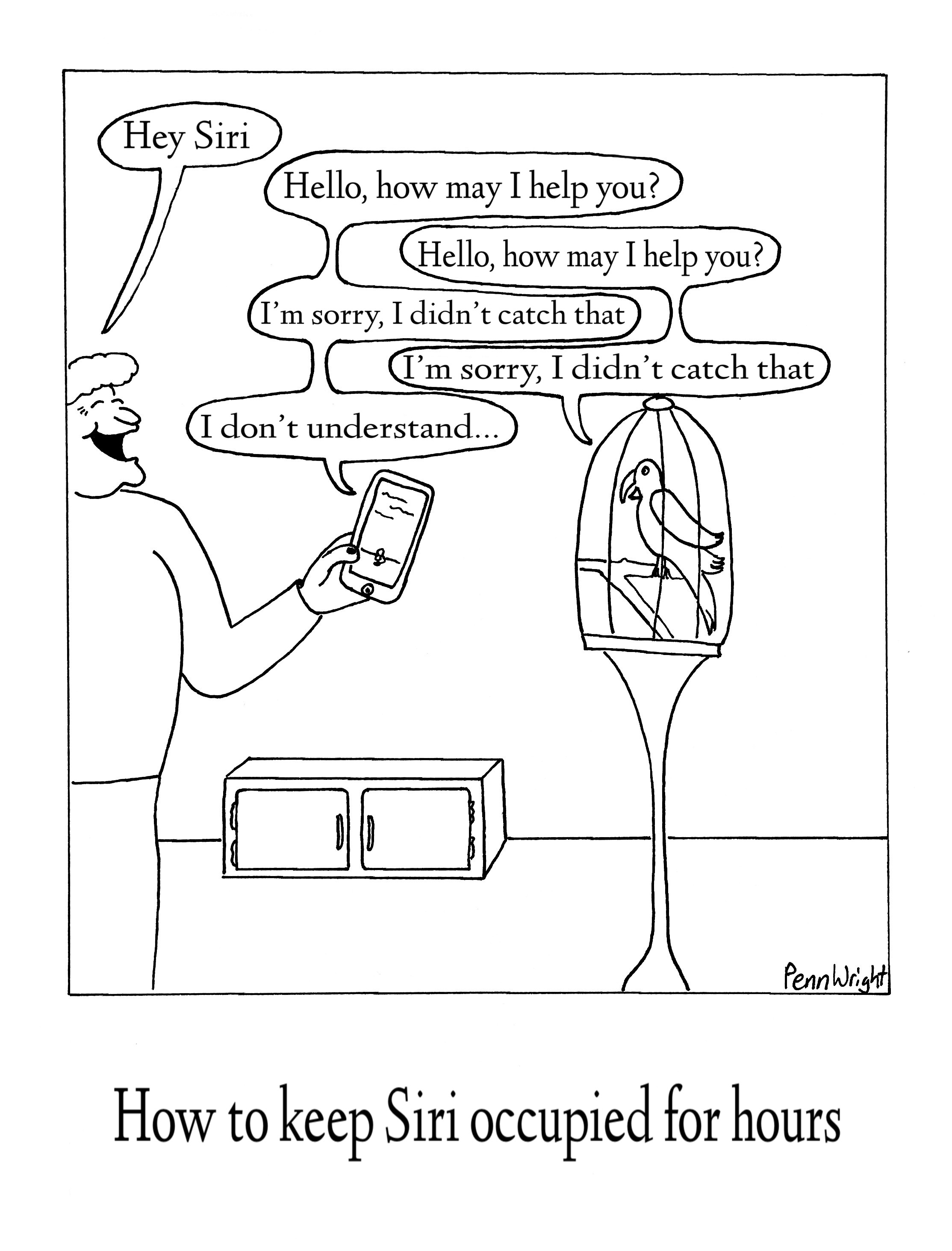If I were to ask you right now to recall a memory, you might scramble for a minute or two and finally land on a recent trip or party. But, if I showed you a picture you recently took and asked you to tell me the story behind it, you’d instantly paint the scene for me. That’s why we take pictures – to recall interesting, funny, or important moments.
We’ve all amassed thousands visual memories through pictures. But pictures don’t include the words that come with these memories – leaving a massive hole for a service that sells us our conversations.
Buying Your Memories
Every day, we upload over 200 million photos to Facebook and 1.2 billion photos to Google Photos. InfoTrends even estimated that we took a collective 1.2 trillion photos in 2017.
All of these photos and somehow we find a way to forget.
For my grandpa’s 75th birthday, my cousin called upon all the grandkids to send her their favorite family photos. She then spent weeks curating the album, laying out the pictures, and printing them into a calendar.
All of this effort, which Google now has a service to do in minutes.
Google Photo Books empowers users to easily sort through old memories and compile them into printed albums. In a matter of minutes, you can create a photo book that tells the story of your trip to the Mayan ruins, your child’s first birthday, or a memorable day at the beach.
Eventually, this photo book creation is something Google wants to automate using image-recognition algorithms. As people are uploading the billions of images to Google Photos, Google previews a curated photo book for you to purchase – taking all the stress out of your hands.
Imagine having someone on staff at all times to help you remember some of the best times of yesterday. We’ve got so many memories to wade through that having a personal memory curator is a lucrative service.
And visual memories are only part of the possibility.
Audio Records
Whether it’s advice from a friend, an enticing product pitch, or just a funny story – in an average week you might hear a dozen stories or one-liners that really catch your attention. I’m talking about those conversations you really want to remember for later use.
When these moments of conversational genius hit, we usually aren’t in a position to scribble the words down on a piece of paper or repeat the line over and over until it’s in our memory. And unless you’re a journalist it’s hard to get away with carrying a voice recorder everywhere you go.
But, that’s where we will get a little help from our devices.
If you have a smartphone in your pocket, then you are walking around with an active voice recorder. If you have an Amazon Echo, Google Home, or Apple HomePod, your house is canvassed with audio recorders. Even your laptop and in some cases smart TV acts as an audio recorder.
These devices are required to latently record your voice, waiting for a wake word such as “Hey Siri, set an alarm”, “Alexa, What’s the weather”, “Ok Google, play some music” to start encoding information to a database. Nonetheless, they’re still recording.
Who’s to say that in the same way Google creates photo book memories, they couldn’t make audio memory books for us. They have the algorithmic potential to compile some of the best conversations of your week or year without adding any stress to your plate. All they need is your permission.
Let’s just think about the possibilities for a moment.
Buying Your Conversations
This last year I’ve seen a tremendous amount of professional growth in strategic partnerships and business development. You better believe that I’d pay a pretty penny to hear a collection of some of my first few meetings accompanied by the recent deals that I’ve closed. It would be a keepsake that I could learn from and also reminisce on in ten years.
Buying conversations may sound bizarre and a little invasive, but that’s just because it’s a foreign concept right now.
Imagine hearing a replay of the joke that had your Thanksgiving dinner hootin’ and hollerin’. Perhaps you’d like to settle an argument by replaying exactly what the other person said in your conversation – no more of this “he said”, “she said” game. Maybe you’d like to hear the last words your relative said to you before they passed or the first words your child uttered.
There are countless conversations that define our paths, bring smiles to our faces, and tears to our eyes which we often forget. Or worse, we remember small snippets and then fill in the gaps with mumbo-jumbo that didn’t happen.
Mainstream media generally portrays these “always recording” devices as invasive and incriminating data collectors. But their potential is so much more. Unfortunately, we may never get the opportunity to purchase a curated playlist of our seminal conversations if we can’t get past the fact that our devices are always recording.
We have the technological capability to relive precious conversational moments in the same way we relive our memories through pictures. Are there not audio memories you’d like to revisit?
Make A Memory Today
Sometimes I catch myself thinking, “Wow, it was just October, what happened to the last five months?” Time flies at an overwhelming pace.
In these moments of realization, the only thing that brings me out of the sadness is reminiscing about all the great memories I’ve made. I spend every Saturday morning looking through countless pictures and videos from my past.
This act never fails to inspire me to make more memories and push further.
Popular life advice often tells us to never look back and that nostalgia is the enemy of change. But, this neglects the importance of reminiscing about the past.
When you look back, not only do you take time to take a breath and enjoy what you’ve accomplished but you also can assess your choices and learn from your own experiences.
Even leading marathon racers look back occasionally to see where the competition is at. Of course, spend too much time looking back and everyone is going to pass you.
Your future self is looking back on you through the memories you make. So go make a memory today.
I hope you enjoyed this week’s Quick Theories. And feel free to shoot me an email with your thoughts on buying conversations.

